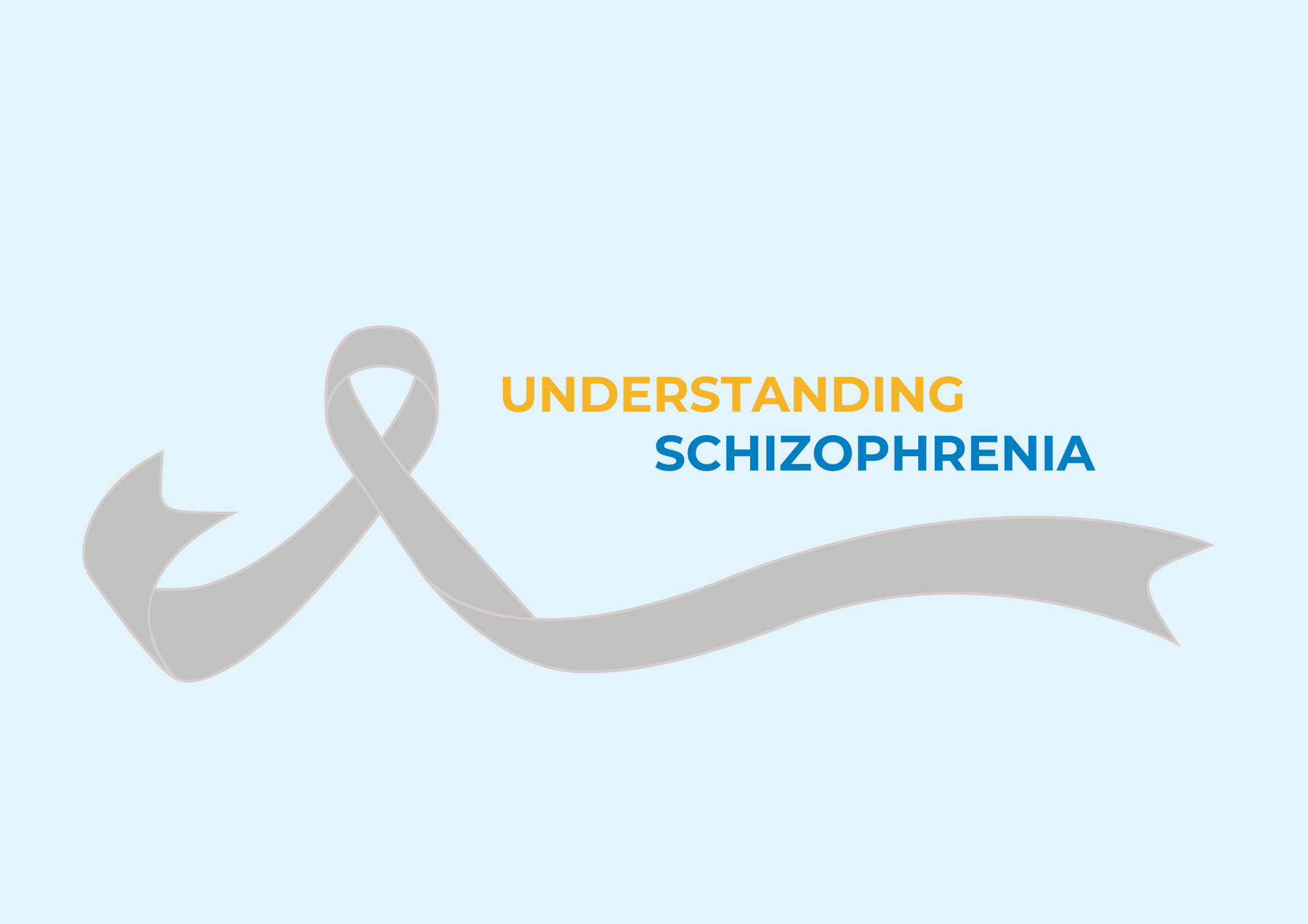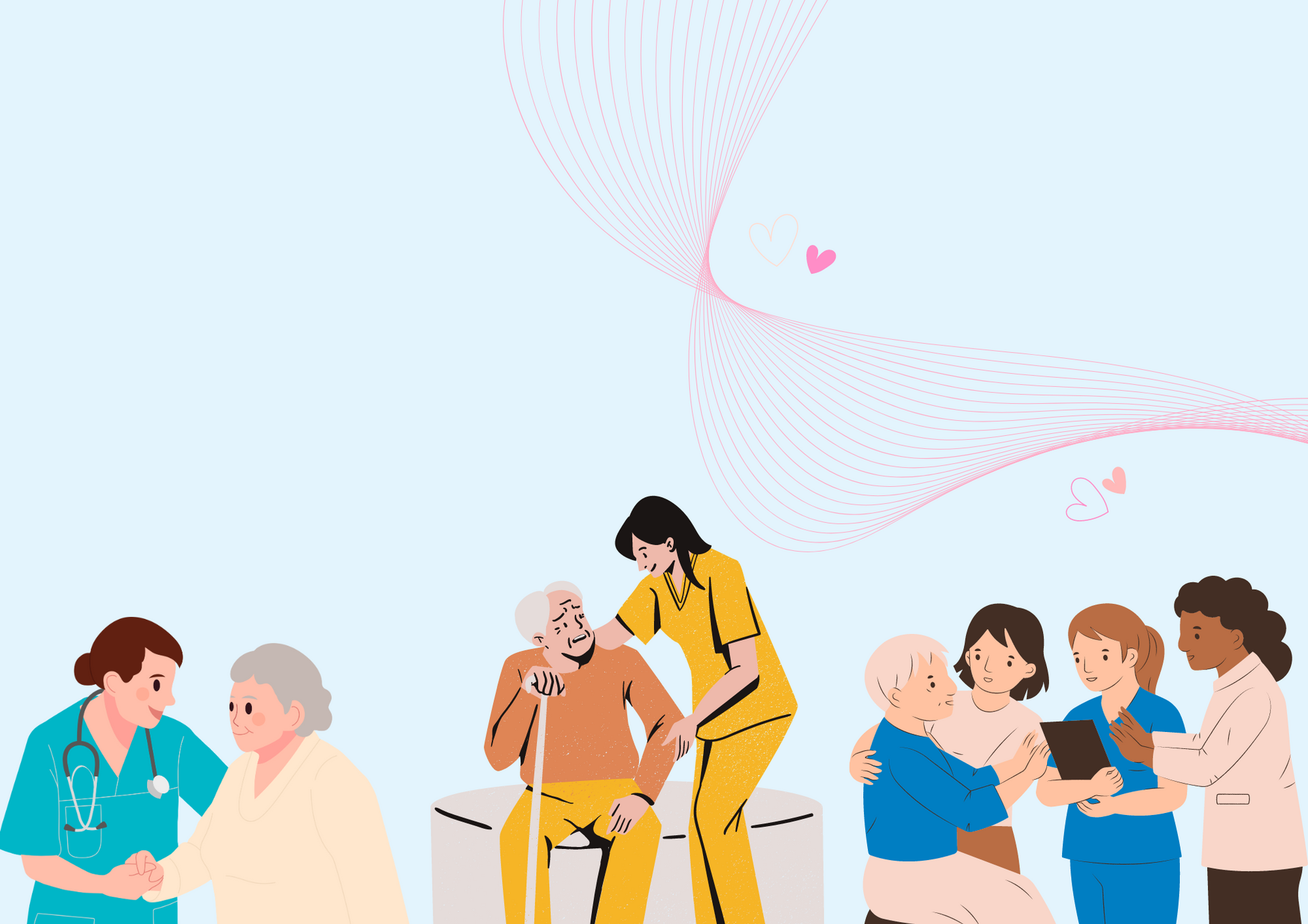Get in touch with us: (03) 8825 3500 / 1300 643 287
Embracing Smiles
Jun 13, 2023

Embracing Smiles and Self-care for Inner Bliss Author: Priya Saikia
In our fast-paced and demanding world, it’s easy to get caught up in the daily hustle and forget to take care of the most important person in our lives – ourselves. We often prioritize work, relationships, and responsibilities but completely ignore our own well-being. Self-care is necessary to maintain balance, recharge, and cultivate a healthy relationship with ourselves. It is a necessity to ensure that our physical, emotional, and mental needs are met.
Let’s start by talking about the simplest way to start our self-care routine. Have you ever smiled at a stranger on the road? If not, give it a try. You’ll be amazed at how often they will smile back. Smiling is infectious, and therefore, it is amazing! When someone smiles at you, it can instantly uplift your mood and brighten your day. Moreover, there’s science behind this. When we smile, our brain releases endorphins, serotonin, and dopamine, which are neurotransmitters associated with happiness and well-being. This natural high helps keep us positive and enhances our overall sense of self-care. In this blog post, we will explore some of the incredible benefits of the simple act of smiling.
Reducing Stress and Anxiety
One of the most significant benefits of smiling is its ability to reduce stress and anxiety. Yes, you heard us right. This simple muscle movement can send signals to our brains that everything is okay, even during challenging situations. The physical act of smiling triggers the release of the stress-reducing hormone called cortisol, while also lowering our blood pressure and heart rate. By incorporating smiling into our self-care routines, we can effectively manage stress and cultivate a more relaxed state of being. So next time, when you’re stressed with deadlines, take a pause and smile. It might help you work much better.
Boosting Confidence and Self-Esteem
Self-care is not just about taking care of our physical health; it also involves nurturing our emotional well-being. And guess what, smiling can help in regard as well. This simple muscle movement plays a great role in boosting our confidence and self-esteem. When we smile, it conveys a sense of warmth, approachability, and self-assurance. It can help us feel more comfortable in social situations and improve our relationships with others. Moreover, remember that smiling can trick our brains into believing that we are happy, which in turn leads to a genuine increase in our overall sense of self-worth. Honestly, my own confident personality today is probably a result of a morning practice that my high school teacher taught me. She told me to wish myself a good morning with a bright smile every single morning right after I wake up and trust me, this practice has been so helpful in life that I do it even today.
Enhancing Physical Health
Believe it or not, smiling can also have a positive impact on our physical health. When we smile, our facial muscles are activated, which in turn stimulates blood flow and improves oxygenation. This increased circulation can contribute to healthier skin, as well as a more youthful and radiant appearance. Maybe, it is time to include smiling in our skin-care routine as well. Additionally, smiling can strengthen our immune system by reducing the levels of stress hormones that can weaken our body’s natural defence mechanisms. Basically, by smiling more, we can support both our physical and mental well-being.
Spreading Positivity and Connection
Self-care is not only about individual needs; it is also about our interactions with others. A simple smile can be a powerful tool for spreading positivity and fostering connections. When we smile at others, it creates a sense of warmth and openness, encouraging them to reciprocate and engage with us on a deeper level. This exchange of positive energy can enrich our relationships, create a supportive community, and enhance our overall self-care journey.
In the pursuit of self-care, we often overlook the simplicity and effectiveness of a smile. Smiling not only brings joy to ourselves but also radiates positivity to those around us. We are born with the ability to smile, yet we smile less and less as we age. By smiling more frequently every day, we can experience a wide range of benefits, from reducing stress and anxiety to boosting confidence and self-esteem. So, let’s remember to prioritize self-care and unleash the magic of a smile.
As Tom Wilson said, “A smile is happiness you’ll find right under your nose.”

17 May, 2024
What is schizophrenia? Schizophrenia is a mental health condition that alters one's perception of reality, often leading to disorganised thinking, delusions and hallucinations such as hearing voices. Approximately 1 in every 100 Australians are affected by schizophrenia. Typically, schizophrenia emerges during late adolescence, teens or early adulthood, but it can also start later in life. Schizophrenia is generally more common in men than women with men tending to present symptoms earlier. What are some of the risk factors? In early life, some of the risk factors can be attributed to: Genetic vulnerability – family history of psychotic disorder Birth or pregnancy complications Developmental delay Traumatic experiences (e.g. abuse or neglect) Whereas in late childhood or adolescence, risk factors such those listed below can impact on a young Australians mental health. Substance use Psychosocial stress Migration Cognitive impairments Mild psychotic symptoms Symptoms: T he symptoms of schizophrenia are categorised into two types of symptoms: positive and negative. Positive symptoms reflect an excess or a distortion of normal functions in the form of delusion, hallucinations, and disorganised behaviour. On the other hand, negative symptoms refers to a diminution or an absence of normal behaviour related to motivations and interests or expressions (Correll and Schooler 2020). Some positive symptoms include but are not limited to: Positive symptoms refer to extra experiences that go beyond normal perceptions and indicate psychosis. Psychosis – psychosis is a primary symptom of schizophrenia and is characterised by a loss of touch with reality. During a psychotic episode, individuals struggle to distinguish between what is real or not. Delusions and hallucinations are two key symptoms associated with psychosis. Delusions – delusions refer to having abnormal or unfounded beliefs that may or not align with reality such as delusions of persecution, guilt or grandiosity. Hallucinations – hallucinations involve perceiving sensory experiences - such as hearing, seeing, tasting, feeling or smelling - that are not actually present but are perceived to be real. Negative symptoms Disorganised speech Trouble with thinking Lack of emotion and motivation What causes schizophrenia? The exact causes of schizophrenia are currently unknown. Currently, research suggests that while the general population has a 1 in 500 chance of developing schizophrenia, individuals with a family member affected by the disorder face a significantly higher risk, with a 1 in 10 chance. However, there isn't a single gene responsible for schizophrenia. A combination of genes likely contributes to susceptibility, and additional factors may play a role, as evidenced by cases where individuals without a family history still develop the disorder. Although, factors such as stress, substance use, trauma and prenatal malnutrition can also heighten the risk of developing schizophrenia. Some of treatments that can help with schizophrenia include: Treatment for schizophrenia typically involves a combination of medication, therapy, and support services tailored to individual needs. Medications - Antipsychotic medications can help with the psychotic (positive) symptoms of schizophrenia such as hallucinations, delusions, and disordered thinking. These medications work by targeting neurotransmitter imbalances in the brain, helping to alleviate symptoms and prevent relapses. Therapy - Therapy, which can include CBT, is an important part of treatment. Cognitive-Behavioral therapy (CBT) can help individuals manage symptoms, cope with stressors, and improve social functioning. Family support - It’s important that family members learn about schizophrenia and how to support their loved one. Family therapy may also be beneficial, involving loved ones in the treatment process to enhance support networks and improve communication. Social support - Similar to psychosis, people with schizophrenia can benefit from social support services. Psychosocial interventions, such as vocational training, housing assistance, and peer support groups, aim to address various aspects of daily living affected by schizophrenia and promote recovery. References Correll C U and Schooler N R (2020) Negative Symptoms in Schizophrenia: A Review and Clinical Guide for Recognition, Assessment, and Treatment. Neuropsychiatric disease and treatment, 16, 519–534. https://doi.org/10.2147/NDT.S225643 By Bella Korotcoff and Julia Tsang

By Nithya Viswanathan
•
10 May, 2024
After her friend died, Vicki says she continued to ‘jump into action’ every time someone close to her needed help. That’s when she confessed to compassion fatigue. She felt “weighed down, tired and sad”, she said after taking care of so many loved ones.” “Finally, she rightfully asked herself, “How much more could I do without getting even more tired and sad?”.

07 Apr, 2024
The mind-body connection is the interconnection between your mental and physical well-being. It is a two-way relationship where the mind influences the body; the body influences the mind. For example, we were all told how physical exercise reduces symptoms of depression and anxiety. The reason behind that is that the brain releases chemicals (endorphins and serotonin) known to improve the mood and reduce stress.
By strengthening the connection between the mind and body through a holistic perspective, you can start prioritising your health.
About
Programs
Get Involved
News

The Mental Health Foundation Australia acknowledges the traditional owners of country throughout Australia and their continuing connection to land, sea and community. We pay our respects to them and their cultures and to their elders both past and present.
© 2024
All Rights Reserved | Mental Health Foundation Australia | Registered PBI with ACNC. Charity ABN 81 006 003 363

